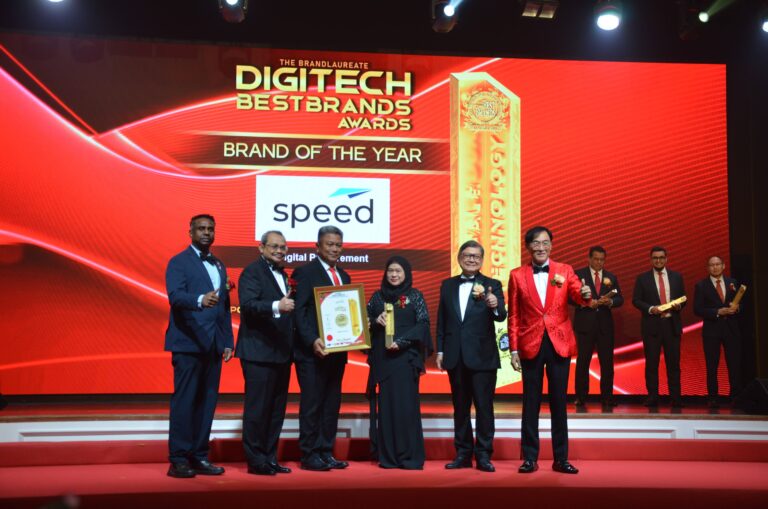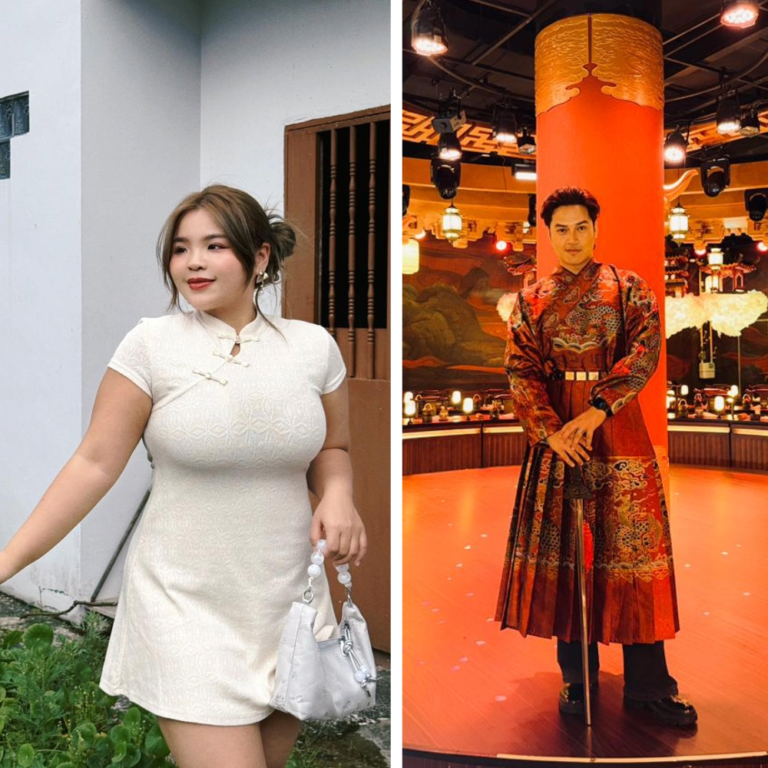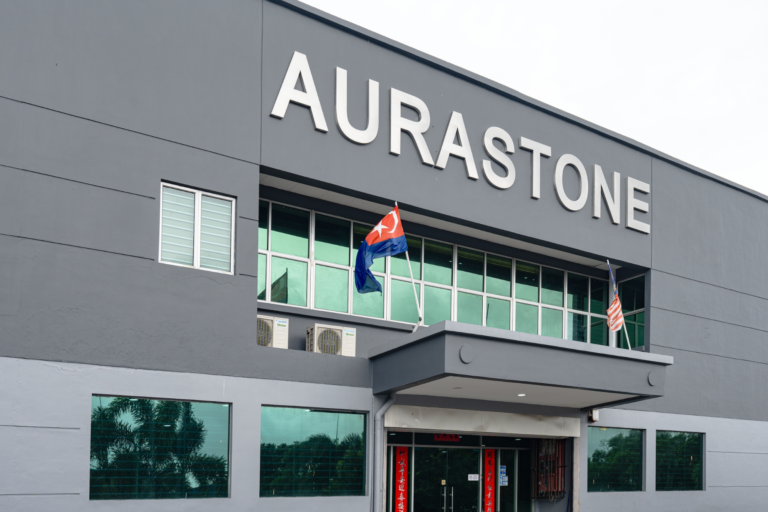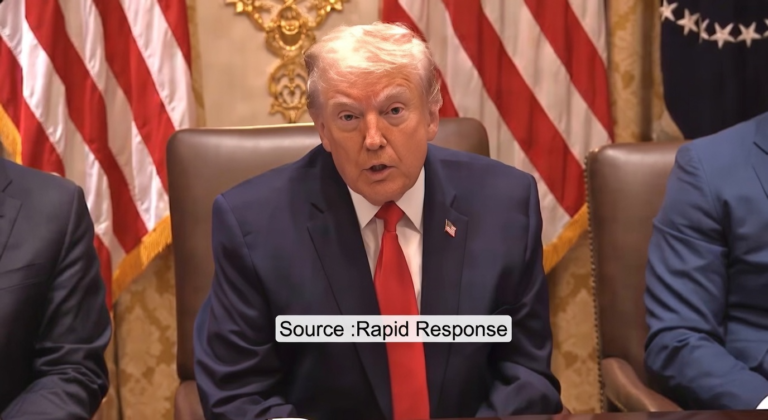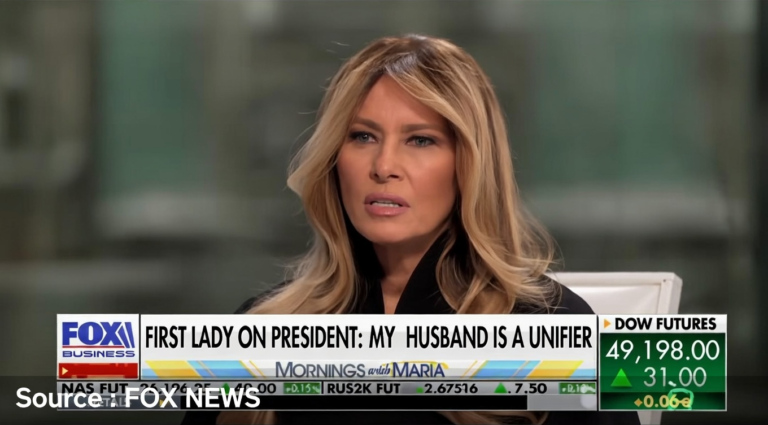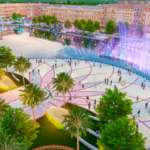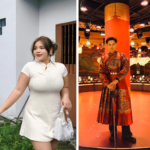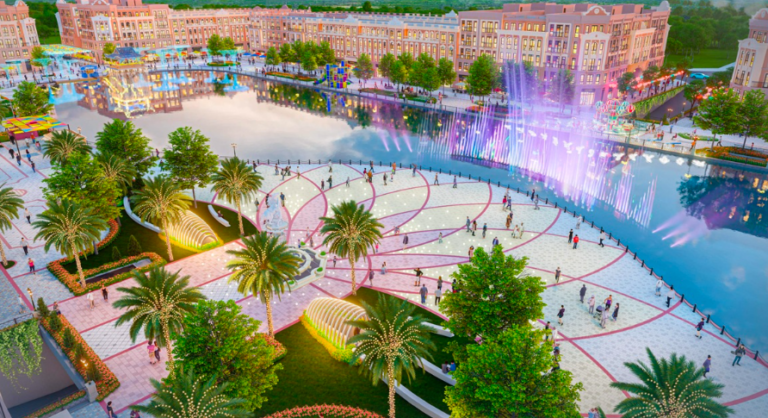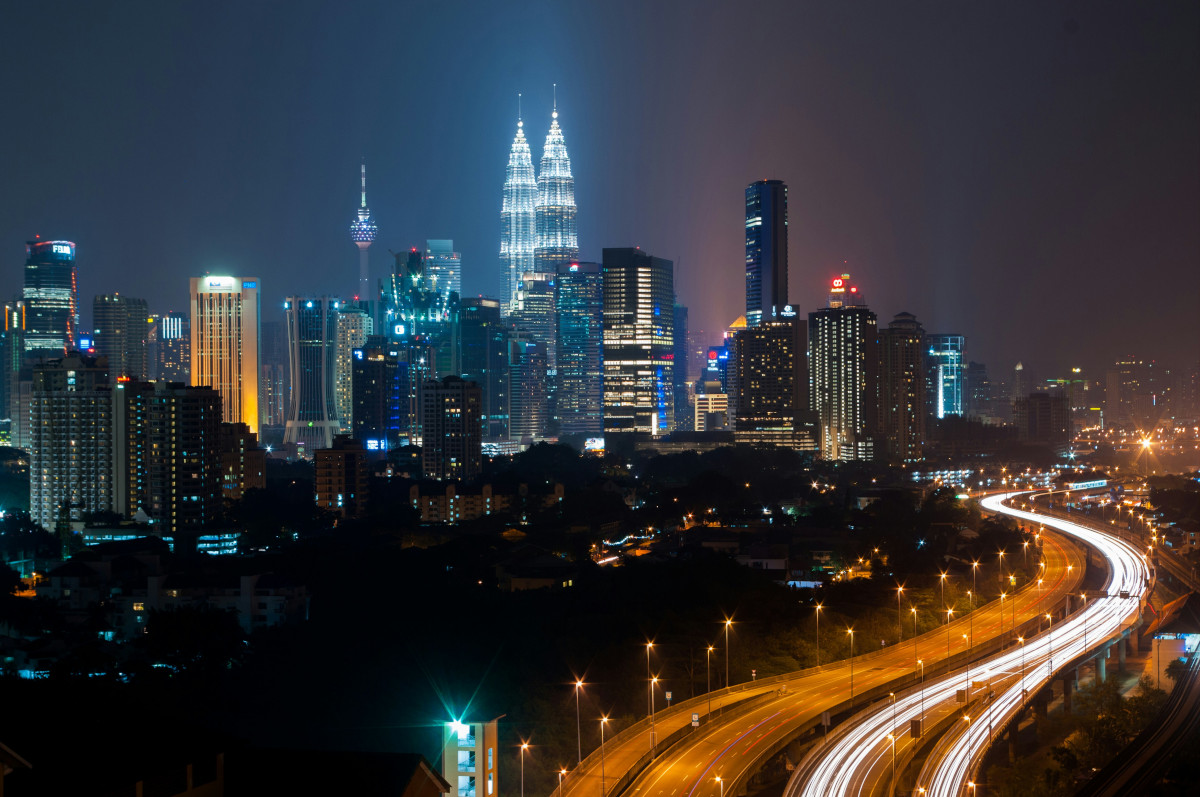
By Mohammad Tariqur Rahman
State-funded privileges are often necessary to cure poverty or the economic burden of the population, disadvantaged groups in particular. Privilege, in its simpler definition, is a special right, advantage, or immunity granted or available only to a particular person or group. Certain forms of privilege, if sustained, normalize unearned advantages and foster a sense of being more deserving than others. In the long run, privileges can cause feelings of superiority, increased self-interest, and diminished empathy.
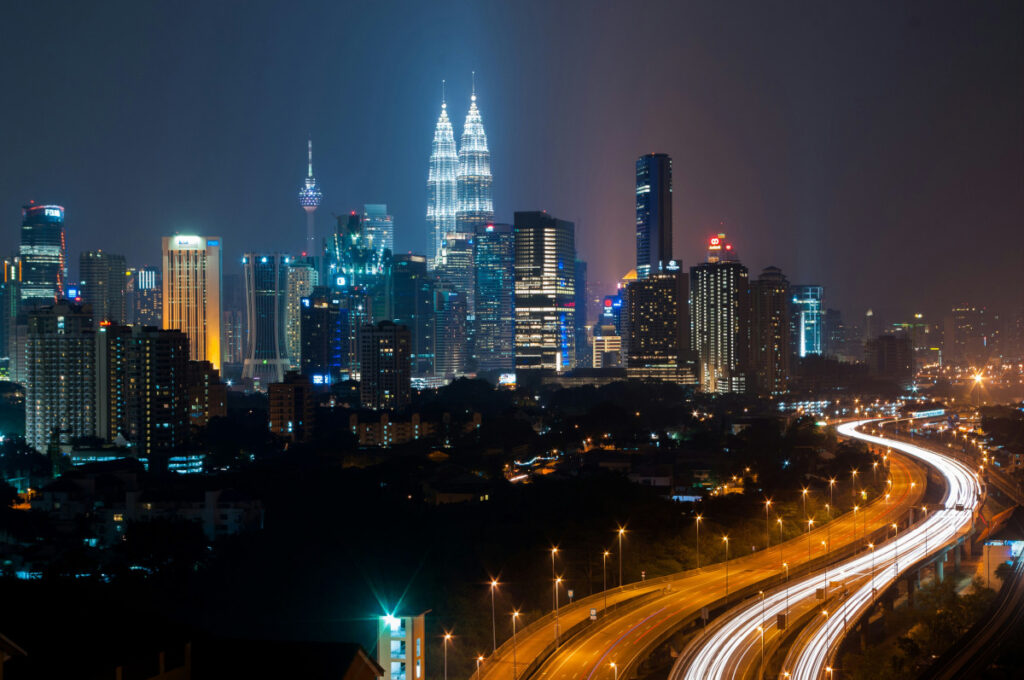
Besides, privileges that contribute to a higher level of psychological entitlement of ‘inherent’ superiority complex can be reduced to a self-defined boundary of prioritizing thyself. Hence, any form of sustained privilege without proper prescription can act as a cancer for a civilized human society.
Often, prioritizing privileges for a given group of the population creates a complex political screenplay. The consequences of prioritizing privileges for a group might become more complex when it spawns seeds of oppression for another group of populations.
Differences in prioritizing privileges across different races in Malaysia have been a complex political and state agenda. This is often criticized as racial discrimination. Albeit Malaysia’s Federal Constitution (Article 8) prohibits discrimination based on race, religion, descent, place of birth, or gender, it provides a fundamental right to equality for all citizens. Ironically, Malaysia is not one of those 179 nations that have ratified the International Convention on the Elimination of All Forms of Racial Discrimination (ICERD).
Malaysia has recently introduced the Budi Madani RON 95 (Budi95) program. Under the Budi95 program, all Malaysian citizens are privileged to enjoy a subsidized petrol price. This privilege is not meant for foreigners living in Malaysia.
Malaysians have every right to adopt any policy that they think is important for the rakyat. Anyone foreign to the nation has no right or authority to intervene in their internal affairs. For example, adoption of Budi95 or whether to ratify ICERD is solely their own discretion.
However, any attempt to justify a policy with a flimsy argument reflects its lack of strength and credibility. Can Budi95 program cause any harm to the nation than it gives back what is counted in the form of currency?
Presumably, Budi95 could save Malaysia between RM2.5 billion and RM4 billion a year in petrol subsidy that otherwise would have been enjoyed by 878,279 foreign nationals, including 18,000 permanent residents (PR) holding a Malaysian driving license, said the Transport Minister YB Loke Siew Fook.
Policymakers seem to fail to remind the rakyat of the other side of the coin.
Legally speaking, PRs are indeed foreign nationals. However, many of them are parents, spouses, or siblings of Malaysian citizens. This subgroup of Malaysian citizens might not like the policies that go against the rights of their parents, spouses, or siblings who are foreigners.
At the same time, many PRs are born, educated, and have perhaps spent their lives in Malaysia. In their heart, they are more Malaysian than the national identity they carry on their passports. It is unlikely to fathom their sense of belonging and commitment to Malaysia in terms of currency.
In addition to the PRs, to date, there are more than 60,000 foreigners received Second Home (MM2H) status. The MM2H program started in 2002 to attract foreign nationals who would be interested in investing and living in Malaysia in exchange for depositing a substantial amount of money in the Government account. On average, each of the MM2H holders might have deposited not less than RM250,000.00. That might give a total of not less than RM15 billion deposited in Malaysian bank. Besides, many of these foreign nationals might have invested in the business and housing sectors in Malaysia. The revenue generated for the Malaysian government under the MM2H program could be counted in billions.
Besides, based on a conservative estimation, there might be about 250,000 skilled foreigners working in Malaysia. In addition to their contribution to the national economy in various professional sectors, the amount of taxes paid by them will be not less than RM1.25 billion annually, considering an average payment of RM5,000.00 per year by each employee.
In addition, there are more than 2 million low-, semi-, or un-skilled foreign workers who are mostly working in manufacturing, construction, and agriculture sectors in Malaysia. Contrary to the general perception, those foreign workers rarely compete with Malaysians for jobs; rather, many Malaysian business owners, in fact, benefit from the presence of foreign workers by paying them lower wages and mostly without any other benefits.
There is no legal obligation for the Malaysian Government to offer any privilege to any foreigners living or working in Malaysia. However, whether they have any moral obligation would depend on the moral values they prioritize in their political agenda.
Nevertheless, it is rather confusing when the contributions of foreigners remain obscure, yet they are spotted under beam of political floodlight for how much they are consuming of Malaysians’ wealth. Politicians and policymakers are mostly enthusiastic to report the crime and corruption of a bunch of illegal foreigners, but fail to reveal how thousands of tax-paying foreigners are secretly contributing to the development of the country.
Having immigrant populations is inevitable for any developed country and those who are aspiring to be one. It is a win-win situation. Immigrants enjoy a better living, and the host nation uses (read exploits) their expertise. Malaysia is not an exception. Amidst the growing tension with the immigrant population around the globe, one’s identity as an immigrant has become a global socio-political agenda. Sadly, immigrants’ voices are not heard by the politicians in the host country simply because they are not counted for the votes the politicians need.
While the rakyat has every right to enjoy the privilege of government-subsidized petrol to run their vehicles, there is no need to fuel the feelings of superiority, increased self-interest, and diminished empathy by adding flimsy arguments that hide the whole truth. This, in the end, might fuel the fire of xenophobia that are already embedded in the so-called civilized societies.
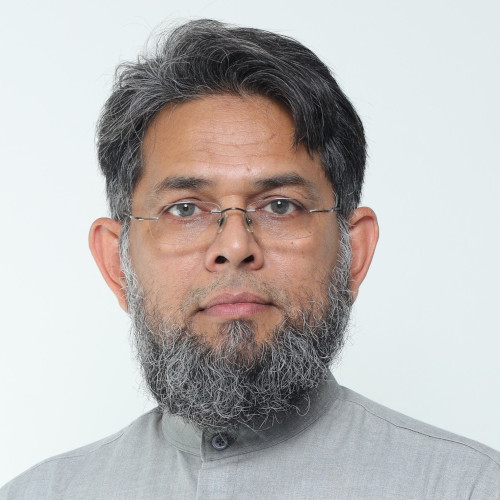
Prof Mohammad is the Deputy Executive Director (Development, Research & Innovation) at International Institute of Public Policy and Management (INPUMA), Universiti Malaya





